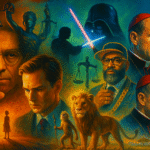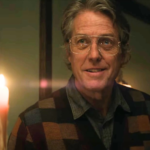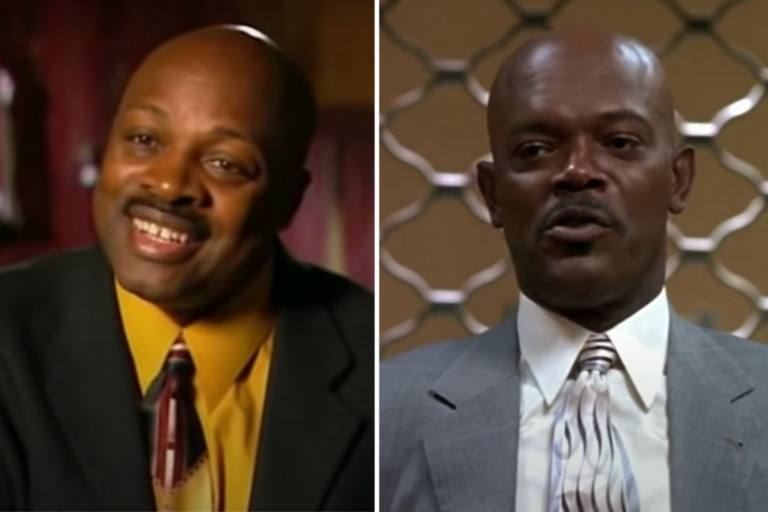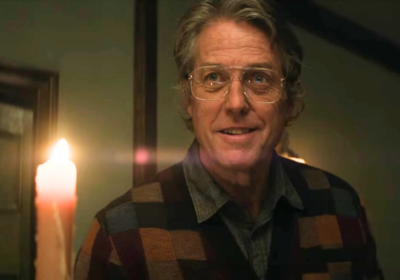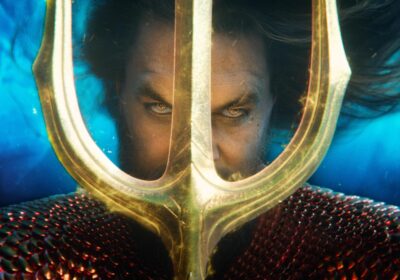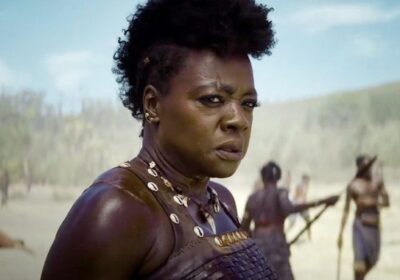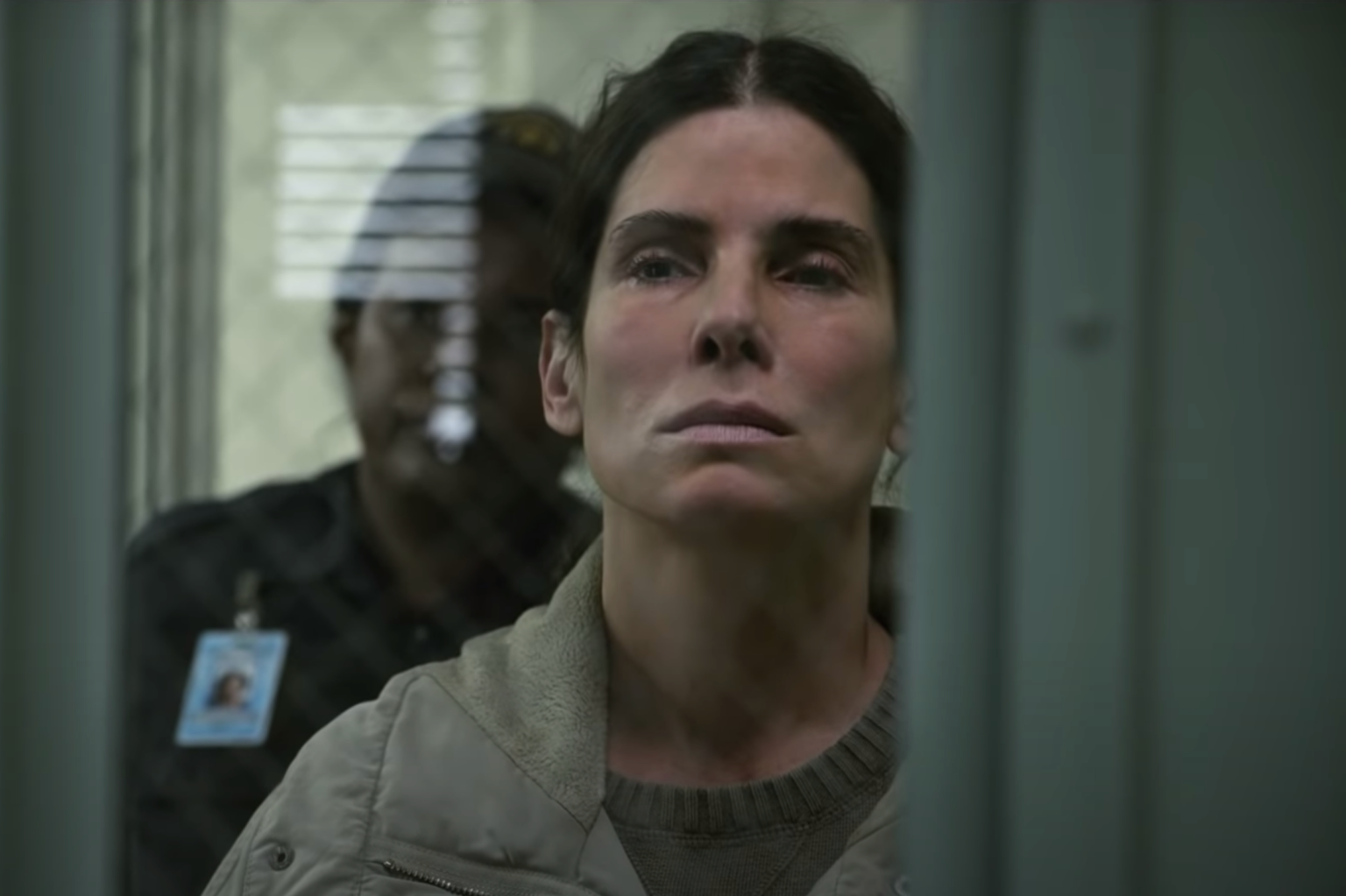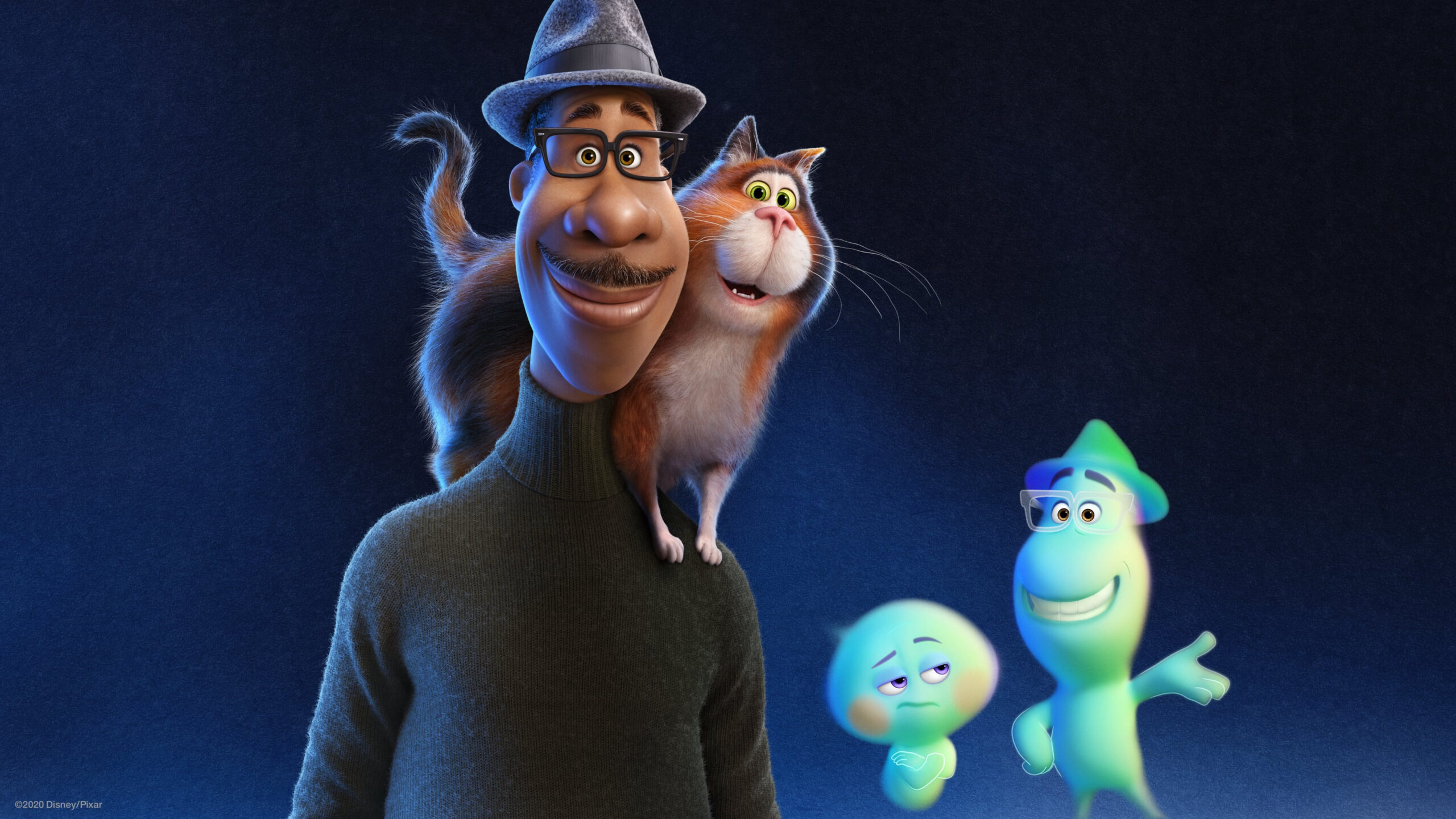
Soul: The Animation and The Philosophy
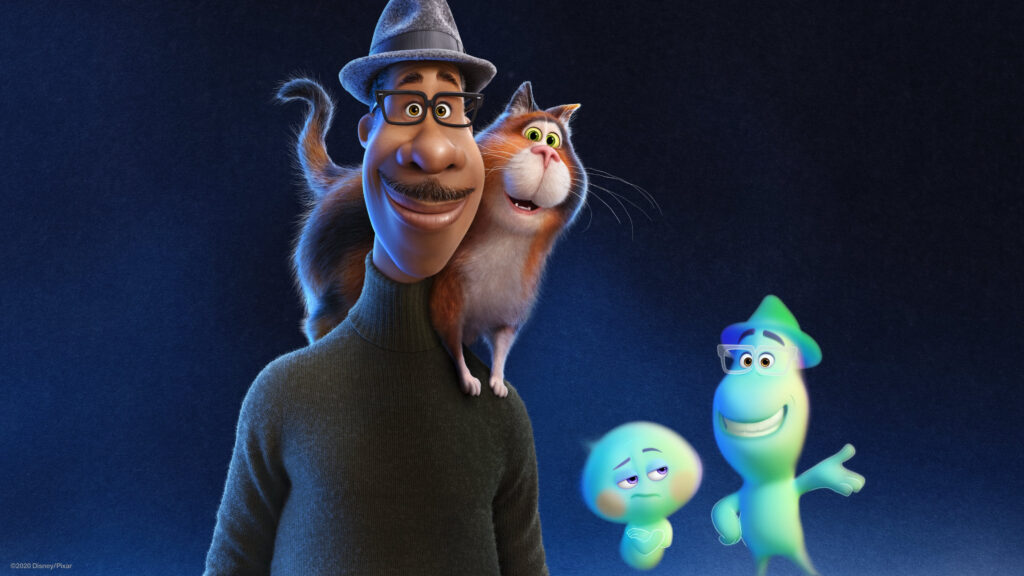
There was a time that animated movies would easily be seen as movies that are meant for children, but those days are long gone and we have seen movies with very engaging plots and storylines, But in a very long while, there has never been an animated movie that seeks to address very complex philosophical issues like Pete Docter’s Soul.
This movie has voice talents from Jamie Fox, Tina Fey, Phylicia Rashad, and Angela Basset amongst others. Pete Docter ( Up, Monsters Inc. ) takes major credit for this movie as he writes and directs with Kemp Powers ( Writer: Star Trek: Discovery, One Night In Miami ) and Mike Jones.
The synopsis of this story has the main character Joe (Jamie Fox), who has a passion for music but, like most that may not have seen theirs come to fruition, they end up in the classroom, teaching. An opportunity presents itself and Joe could get to play for Dorothy Williams (Angela Basset), a leading Jazz musician which, as in accordance with the storyline of this film, appears to be his life-long dream. At the very borderline of realizing this dream, Joe meets with an accident that instantly sees him in the afterlife. These can be seen within the first 10 minutes of the movie and a hint could be found in the trailers, so no spoilers here.

The movies’ presentation picks the story from the angle of Joe’s soul and his wish to circumvent the natural process of being transported into the great beyond, in order to return to his body so that he is able to fulfill his life long dream of playing as a jazz musician.
The viewer will spend more time in this purgatory-like world as the story uses animation to propose theories of what happens to people when they die, as well as the preparation of souls before they enter this world; this is depicted by the character referred to as 22 (Tina Fey), a soul that needs to find a spark (something that would make life worth living) before it agrees to be born into this world. The main drama is built around Joe and 22, as Joe seeks ways to break the traditional process and find his way back to earth and 22 who, through the same means looks for every possible way to avoid coming into the world.
Critical viewers will first have a gazillion opinions of the writers choice of the events that happen when a soul leaves the body and the events thereafter, but there are thousands of different religions out there that believe different things as to what really happens, so it really isn’t the primary lesson of the story. The everyday life that we take for granted is the main story, We create these dreams and ambitions and starve ourselves from happiness until we attain set goals, only to reach them, to set new ones. The film gives a good presentation as to what could happen when someone attains a dream and discovered that in the process missed life in its entirety.
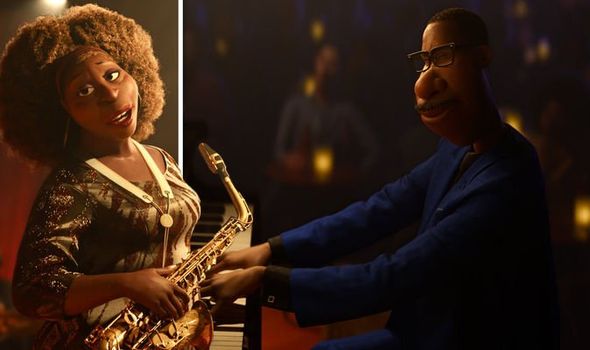
These are just a few things to unravel and different viewers will easily unpack different things from this movie. Terms with new meaning were introduced, like being in the “zone” for example, that would imply a place between the physical and metaphysical world; and how a little slip in this zone could create a “lost soul”.
As the movie journeys on this ambitious topic, the inquisitive viewer will begin to ask questions about the human experience, like when two souls are trapped in the opposite or the wrong bodies, especially when one of the bodies happens to be a cat that broods over a haircut on the head of the body it wishes to be in; whose ego got boosted? (OK, no more spoilers, I promise).
The film was an entertaining as well as mind-boggling experience, but it has a well-balanced presentation. The Pixar Culture Trust team did a good job in adding to the real-ness of Joe’s character; you could easily feel the authenticity in the way his home and work life is depicted. The artistry poured into the creation of the place referred to as the “U seminar” (where souls are prepared before they come into this world), and the creativity used in representing the characters, especially the use of lines or wires to represent the counselors of the U seminar.
In all, the viewer who seeks for the message beyond the philosophical correctness will get the best out of it, because the filmmakers were clearly not looking for these kinds of accuracy when they depicted angelic beings (counselors) having to make use of an abacus to count souls, as well as having to sift through a heap-load of paper files in order to find the missing soul.

